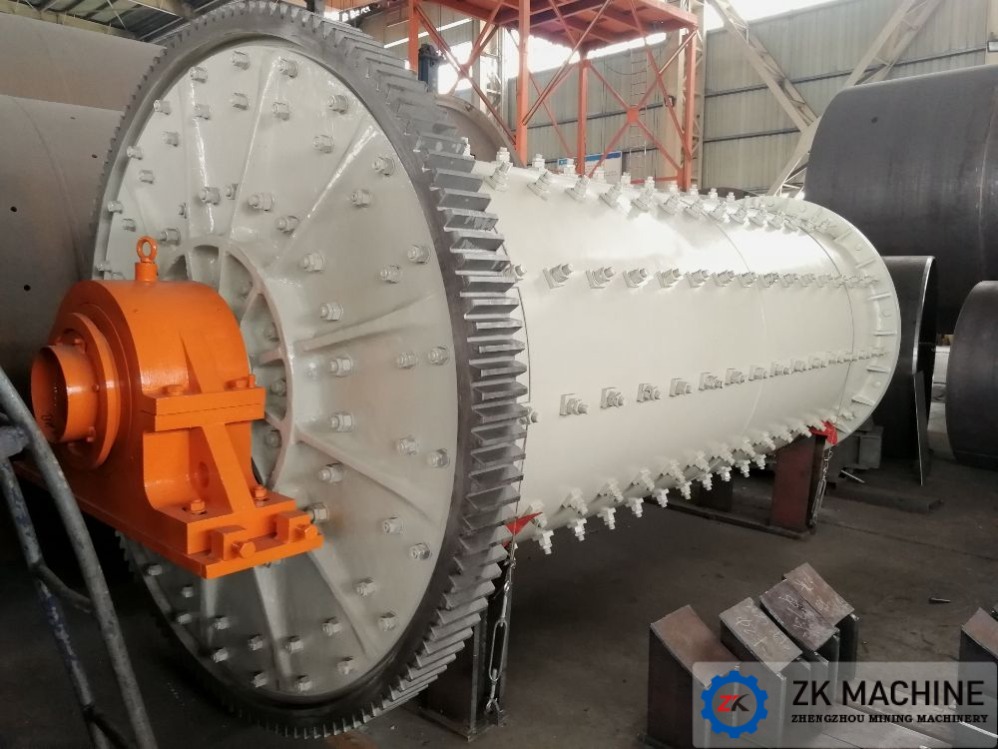Harmless Treatment and Utilization of Aluminum Dross
Publication date: 2024-11-14 14:48:12
article source: admin
viewed:70
Aluminum dross, as a waste residue from aluminum smelting, is listed in the "National Hazardous Waste List" and falls under the category of non-ferrous metal smelting waste (HW48), with waste codes 321-023-48 and 321-025-48. Its hazardous characteristic is toxicity (T). The government has issued relevant policies to strictly prohibit illegal discharge and transfer.
Aluminum dross contains a rich variety of resources such as aluminum and aluminum oxide, making it highly valuable for resource utilization. The aluminum dross produced during the production of aluminum and recycled aluminum is referred to as primary aluminum dross, primarily composed of aluminum and aluminum oxides, with aluminum content ranging from 15% to 70%. After aluminum extraction treatment, primary aluminum dross produces secondary aluminum dross, which typically contains aluminum at levels of 3-12%, with the remainder consisting of aluminum oxide, aluminum nitride, salts, and fluorides.
The treatment, recovery, and utilization of aluminum dross are mainly divided into two parts: aluminum extraction from primary aluminum dross and the treatment of secondary aluminum dross. Aluminum extraction from primary aluminum dross can be carried out using methods such as gray roasting recovery, rotary kiln processing, pressing recovery, and cold gray crushing and screening recovery, while secondary aluminum dross is primarily subjected to harmless treatment and resource utilization.
1. Making Water Purification Agents: Using acid leaching to treat aluminum dross to prepare solid polyaluminum chloride.
2. Producing Brown Corundum: Using anthracite as a reducing agent and iron filings as a precipitating agent, with aluminum dross as the raw material to produce brown corundum.
3. Synthesis of Aluminum Oxide for Ink: Aluminum dross and aluminum-containing waste sulfuric acid can be used as raw materials to produce aluminum oxide for ink.
4. Preparing Aluminum Oxide: Reacting with sulfuric acid and ammonium bicarbonate to generate ammonium aluminum carbonate precipitate and ammonium sulfate solution, evaporating and concentrating the ammonium sulfate solution to precipitate ammonium sulfate, and calcining ammonium sulfate to obtain aluminum oxide powder.
Henan Zhengzhou Mining Machinery Co., Ltd. is committed to the research of process technology for the treatment of hazardous aluminum dross and the development of complete process equipment, providing a comprehensive solution for the harmless treatment and resource utilization of aluminum dross.
















